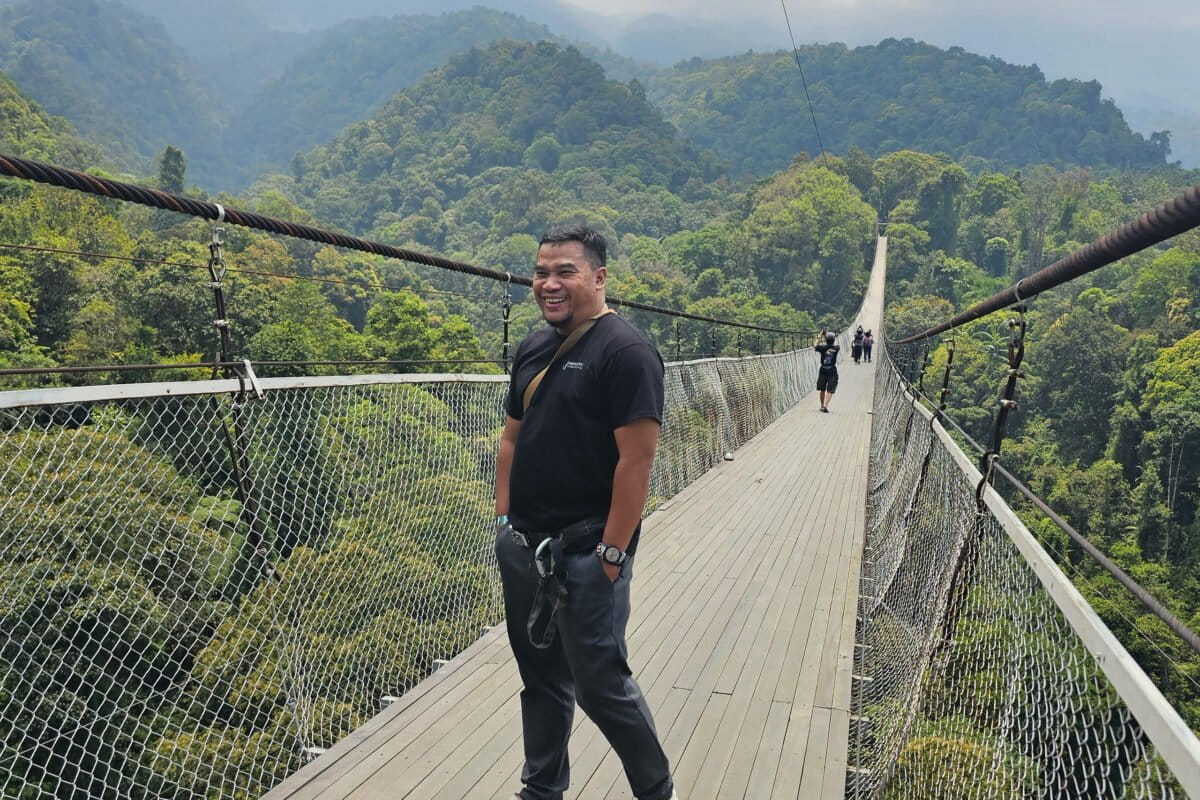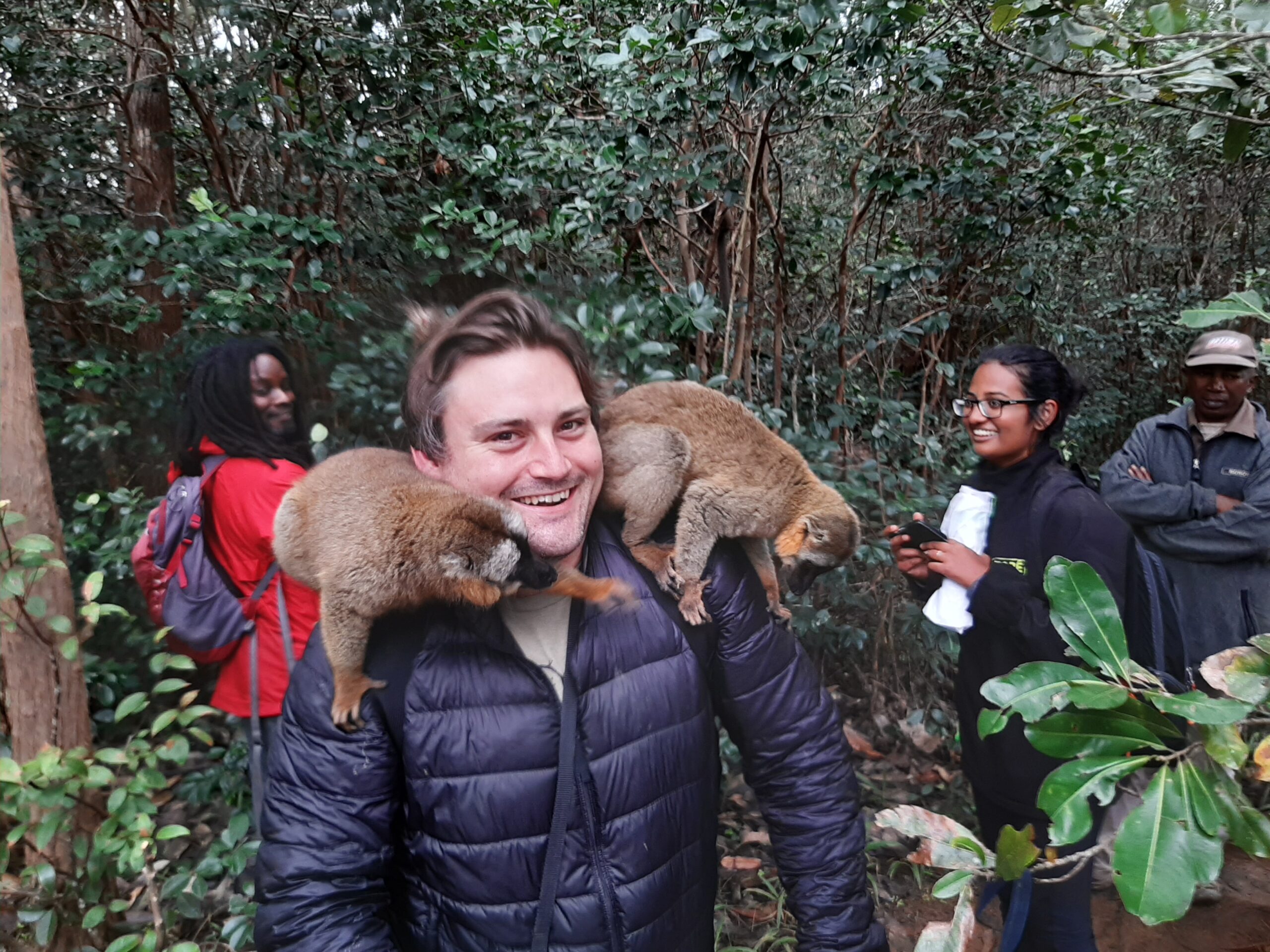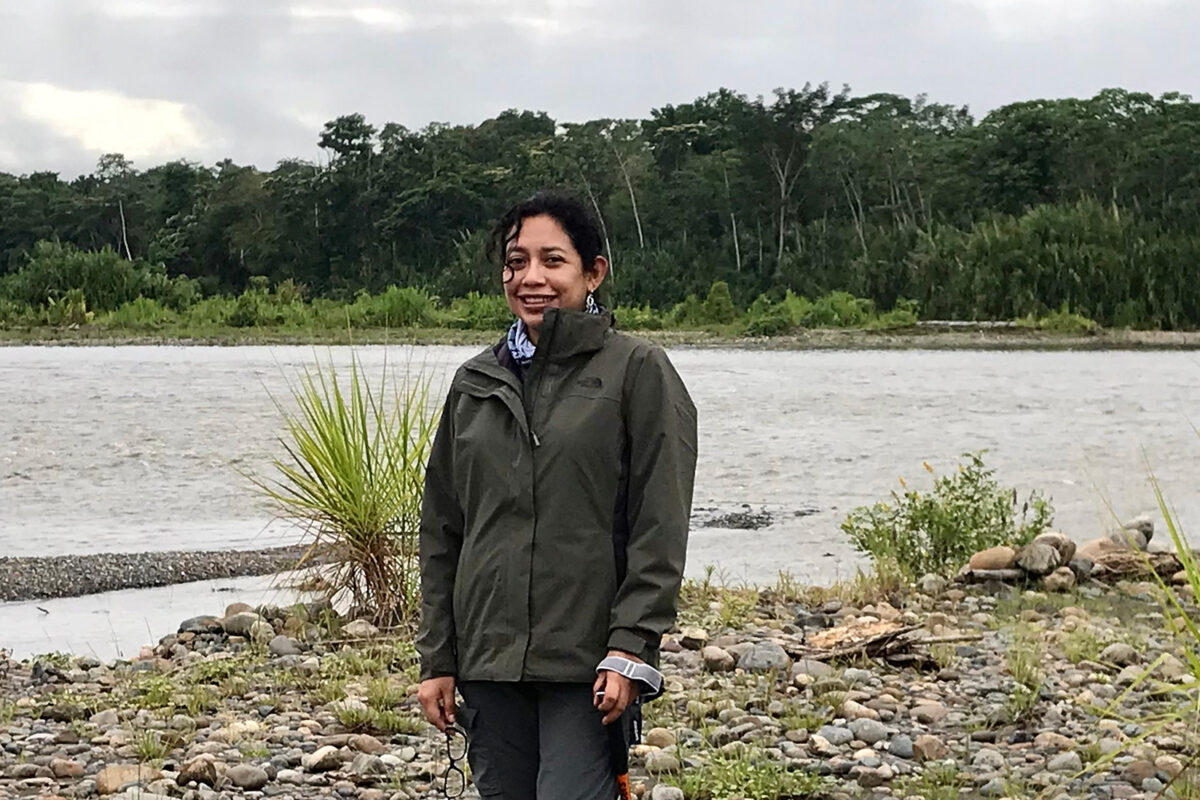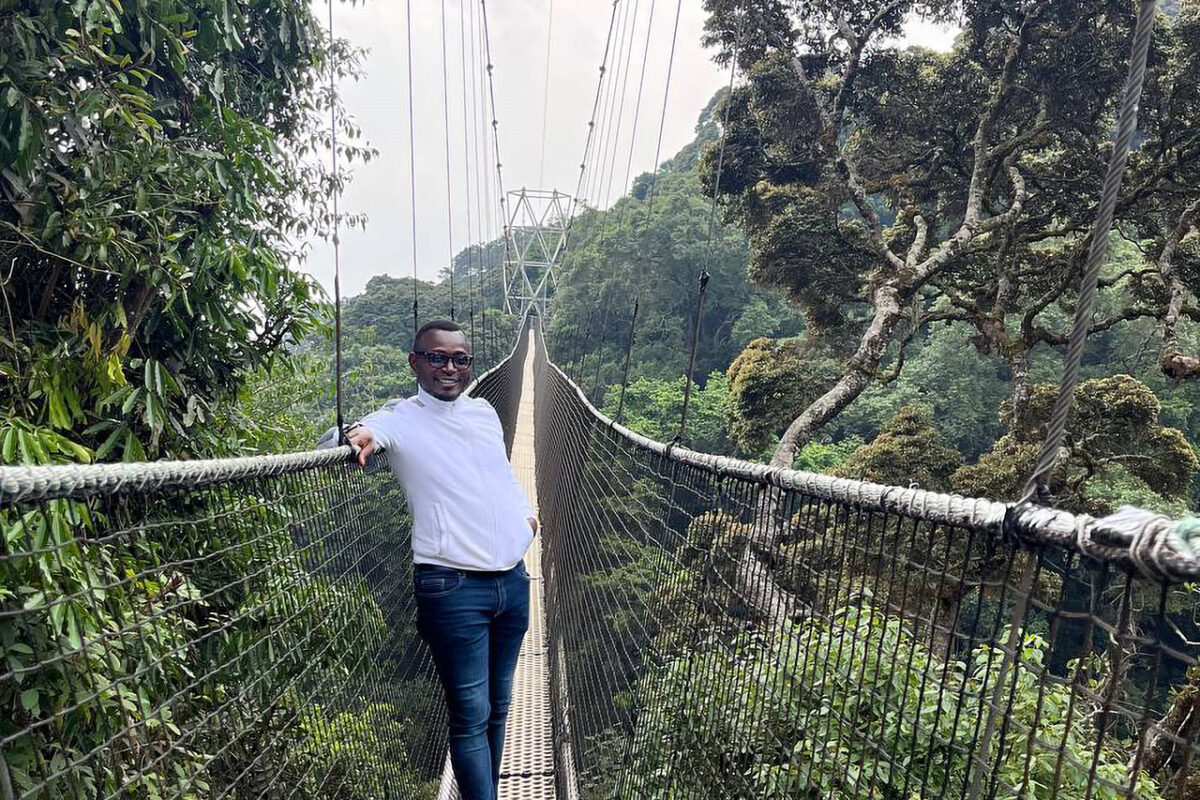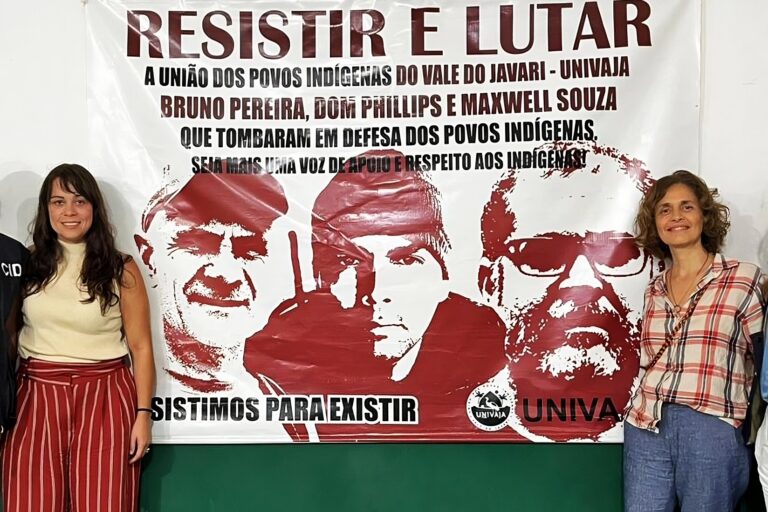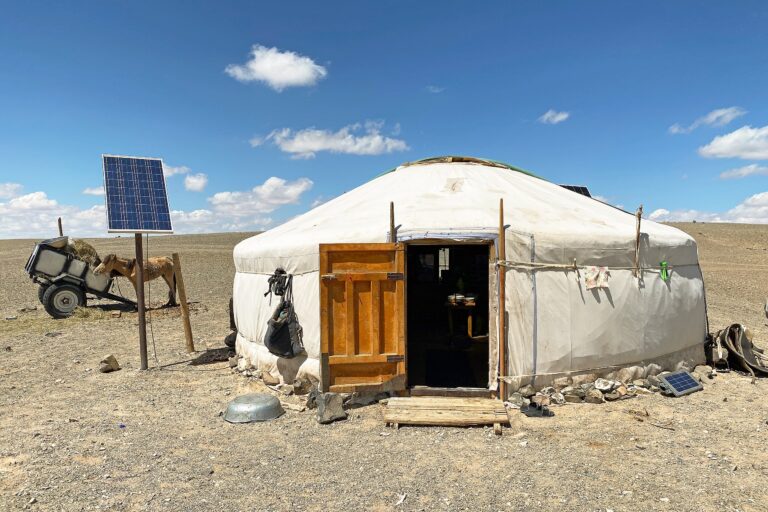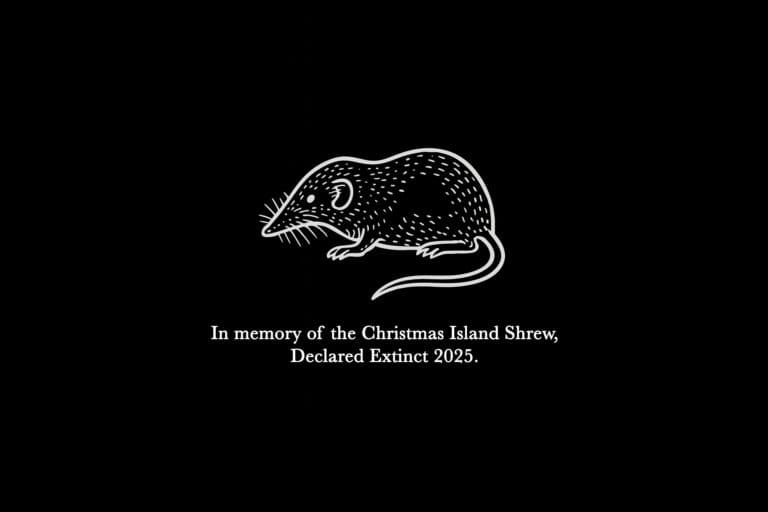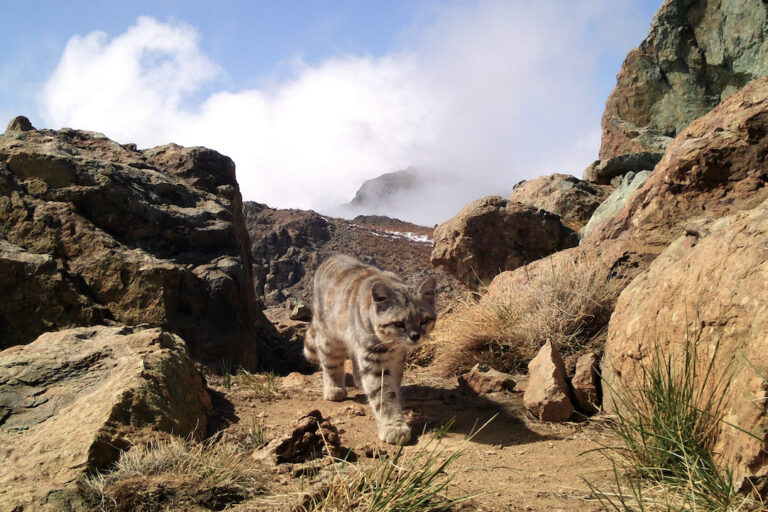- A new Greenpeace report alleges that pulp and paper giant APP continues to clear forests and develop peatlands 10 years after adopting its landmark 2013 pledge to stop destroying natural forests for its plantations.
- The report identifies 75,000 hectares (185,300 acres) of deforestation in APP supplier concessions or companies connected to APP between February 2013 and 2022 — an area the size of New York City.
- APP has also changed the start date of its no-deforestation policy from 2013 to 2020, which would allow the company at some point in the future to accept new suppliers that deforested between 2013 and 2020.
- APP denies allegations of continued deforestation and says its suppliers have ceased forest conversions since 2013; the company also says it has committed to peatland restoration.
JAKARTA — A decade after Asia Pulp & Paper (APP), one of the world’s biggest paper producers, launched its landmark no-deforestation policy, the company continues to clear forests to feed its mills and drain and develop peatlands, a clear breach of the policy, a new report alleges.
APP has a long history of deforestation, with an estimated 2 million hectares (4.9 million acres) — an area the size of Wales — of natural forest having been cleared in the three decades preceding 2010 for conversion into pulpwood plantations in two provinces alone, Riau and Jambi.
Following widespread criticism of its role in driving deforestation and contributing to social conflicts, APP launched in February 2013 its Forest Conservation Policy (FCP), in which it pledged to not destroy natural forests for its pulpwood plantations.
Under its FCP pledge, the pulp giant vowed to exclude timber sourced from the clearing of peatlands and rainforests as well as to reduce social conflict and seek free, prior and informed consent from communities when establishing new plantations. The policy was meant to apply to all APP operations and those of its suppliers, beginning in February 2013.
Greenpeace, which helped forge APP’s policy, called the pledge “a game-changer” for the tropical pulp and paper sector as it was the biggest and most comprehensive corporate promise to end deforestation and peatland destruction by any company at the time.
Furthermore, APP is one of the world’s largest pulp and paper manufacturers that supplies pulp and paper products like paper tissue, packaging and stationery to global brands like Unilever, Nestlé, ASKUL and Mattel.
To support the implementation of the FCP, APP has been taking some actions, such as implementing the High Carbon Stock Approach, a widely supported mechanism to distinguish forest areas that should be protected from degraded areas that can be developed.
APP also imposed a moratorium on natural forest clearance for the development of pulpwood plantations until the assessments of areas with high conservation value (HCV) and high carbon stock (HCS) are completed.
Further emboldening its sustainability policy, APP announced a commitment to “restore and support the conservation of one million hectares [2.47 million acres] of rainforest across Indonesia” in 2014 and to conserve more than 500,000 hectares (1.23 million acres) of natural forest in 2016, all of which aimed to address the company’s deforestation legacy.
Throughout the years, green groups have been monitoring the implementation of the FCP, and what they found were alleged violations of the policy.
The most recent is an evaluation by Greenpeace 10 years after the FCP implementation.
In its report, Greenpeace listed a litany of violations, from destruction of tropical peat ecosystems to changing its deforestation cutoff date to the prevalence of burning to persistent community conflicts.
“After our initial cautious optimism that the company had really turned a corner with its destructive ways in 2013, 10 years on we find multiple broken promises by APP Sinarmas,” Greenpeace Indonesia global forest lead Kiki Taufik said. “It is still linked to deforestation, has changed the deforestation cut-off date for some suppliers, and has failed to protect and restore the critical deep peatlands it controls, posing a massive climate and human health risk from emissions and haze when these areas burn.”

Deforestation
Using an analysis by forest monitoring platform Nusantara Atlas run by technology consultancy The TreeMap, Greenpeace found 75,000 hectares (185,300 acres) of deforestation in APP supplier concessions or companies connected to APP between February 2013 and 2022. The analysis was based on forest loss data from the University of Maryland.
The Greenpeace report also cited previous findings of ongoing deforestation within concessions connected to APP, such as a 2022 report by Indonesian NGO Eyes on the Forest, which found evidence of forest clearance and HCV areas within a UNESCO biosphere reserve. The areas are known as habitat for critically endangered Sumatran elephants (Elephas maximus sumatranus).
A 2018 report by Greenpeace also found nearly 8,000 hectares (19,800 acres) of deforestation within the concessions of two companies allegedly linked to APP.
APP has denied the allegation of continued deforestation, saying that all of the company’s suppliers have ceased natural forest conversion since 2013, meaning that all of APP suppliers’ concession areas would have been developed before the cutoff date of February 2013.
And the companies engaging in deforestation that are cited in the most recent Greenpeace report have proven not to be APP suppliers at all, APP added.
“Why would APP engage in deforestation when it is one of the most scrutinized forestry businesses in Indonesia?” APP said in a statement.
Besides the alleged deforestation that has happened since the adoption of the FCP, Greenpeace also pointed out that APP might have intended to continue deforesting in the future by changing its cutoff date in 2022, from 2013 to 2020.
The change of cutoff date first came to the surface in APP’s 2022 sustainability report. On page 121 of the report, APP stated that it had updated its Supplier Evaluation and Risk Assessment (SERA) process, and among the changes was extending the cutoff date to 2020.
APP said the change was necessary to align the company with internationally accepted standards like the Tropical Forest Alliance and Forest Stewardship Council (FSC), the latter of which also recently changed its cutoff date from 1994 to 2020.
“This is a huge change of policy and massive breach of its promise to not buy from suppliers who are deforesting after 1st February 2013,” Greenpeace said in its report.
Greenpeace said the APP supply chain might have already been tainted with deforestation, or at risk of being contaminated in the near future, due to the new cutoff date.
However, on Sept. 1, 2023, APP published a statement on its website, claiming it hadn’t made any changes to its FCP even though the FSC had changed its cutoff date.
“There is concern that we have revised our Forest Conservation Policy (FCP) and our supplier network requirements, including modifying the cut-off date (from 2013) for ending deforestation. This is not correct,” APP said. “We affirm that no changes have been made to our FCP. The cut-off date of 2013 in our FCP remains unchanged.”
But in its response to the Greenpeace report, APP admitted that it had changed its cutoff date to 2020 back when it updated its SERA process in 2022.
APP said the change was done in consultation with stakeholders at its annual Stakeholder Advisory Forum, and that it was needed to align itself with the changes adopted by the FSC.
APP is in the process of re-entering the FSC after the latter disassociated from APP in 2007 because the company was involved in destructive forestry practices that violated the FSC’s rules.
With the change of cutoff date, suppliers other than APP’s own affiliated concessions could still be accepted by APP even though it had deforested up to December 2020.
That, APP claimed, was not a violation of its FCP.
That’s because all of its suppliers to date have not deforested since 2013, and APP said it had yet to accept any new supplier that has converted forest post-2013 into its supply chain despite the change.
APP, however, admitted that the change of cutoff date allowed the company at some point in the future to accept new suppliers that deforested between 2013 and 2020.
APP argued that this would actually strengthen overall forest protection as it allowed the company to engage with potential new suppliers and have them commit to sustainable forestry management.
APP then cited a statement by Grant Rosoman, a senior campaign advisor to Greenpeace International, who said in an interview that there’s a lot of environmental and social benefits that come from the FSC’s change of cutoff date.
These benefits, he said, outweigh the risks of it being abused.
“APP recognizes that these may be Mr. Rosoman’s personal views and not those of Greenpeace, which has itself disassociated from FSC, but APP is in full agreement with his statements and believes Greenpeace’s view is misguided,” APP said.
While APP said it changed its cutoff date to align with the FSC, the organization’s rule change only allows certification of companies that convert natural forest after 1994 if they restore the same amount of forests that had been cleared in their concessions between 1994 and 2020.
These companies would also have to provide remedy for the social harm done in the conversion process.
These conditions prevent the FSC’s policy change from becoming a whitewash, Rosoman said.
The same can’t be said for APP’s change of cutoff date, he said.
“I’m shocked and it’s incredulous that APP Sinarmas would abandon its promises and abuse the new Forest Stewardship Council (FSC) cutoff date,” Rosoman said. “APP Sinarmas changing its cutoff date along with ongoing deforestation and peatland development runs completely against FSC policies and will jeopardise APP Sinarmas getting back into FSC.”
He said APP shouldn’t use the FSC’s change of cutoff date as a license to change its own previous self-imposed deadlines and to incentivize continued deforestation.
“As APP Sinarmas has already deforested more than 1 million hectares it has been identified by FSC as a company with ‘outstanding magnitude and gravity of harm’, so will be scrutinised closely and required to carry out additional restoration if it is to seek re-associating with FSC,” Rosoman said.

Peatland
Besides committing to stop deforestation, APP also committed to protect peatland and rehabilitate degraded peat ecosystems through a number of policies, such as ban on the development of canals or other infrastructure and burning.
According to Greenpeace, there are more than 1.2 million hectares (2.96 million acres) of peatlands in APP’s concessions.
Greenpeace alleged that destruction of these peatlands still happened after the adoption of the FCP.
In 2020, Greenpeace identified nearly 3,500 hectares (8,650 acres) of peatland clearing in pulpwood plantations in Sumatra supplying APP. The peat clearance happened between August 2018 and June 2020.
Additionally, 53 kilometers (33 miles) of new drainage canals through the peatland were detected and 50 hectares (124 acres) of peatland were burned.
In its response, APP said there hadn’t been any clearance of new areas of protected peatland since 2013.
The identification of peat clearance by Greenpeace was due to the NGO using outdated maps, APP said.
“This allegation is mostly the result of conflicting maps, definitions and timelines,” APP said.
As part of its commitment to protect peatland, APP announced in 2015 that it would retire 7,000 hectares (17,300 acres) of its peat concessions in South Sumatra and Riau to save a national park located next to the concessions.
And since then, APP said it had been busy identifying native tree species to protect and working with government and university researchers on restoration strategies.
APP also said it had built more than 5,000 perimeter canal blocks to maintain near-natural water level in the protected areas bordering its suppliers’ concession areas.

Greenpeace analyzed the three retired concessions using APP’s own forest monitoring platform, as well as through field verifications and drone images. Greenpeace found that many of the peatlands appeared to still be unrehabilitated and in production.
Furthermore, conservation areas in the retired concessions seemed to be greatly reduced as well, Greenpeace said.

Responding to the findings, APP said it had actually retired 26,883 hectares (66,400 acres) of peatland in total and commenced restoration work on 81,245 hectares (200,700 acres) of peatland.
In the future, it will retire an additional 7,300 hectares (18,000 acres) of peatland, APP added.
“It is important to note that forests do not just materialize once restoration work starts,” APP said. “Individual trees can take years to mature. Our restoration work combines the deliberate planting of rare endemic species, to guide biodiversity and natural regeneration. Natural regeneration begins very quickly, and visible signs of new growth can be seen in just a few years. Full restoration can take upwards of 60 years, but partial regeneration can be achieved in just 20 years depending on the ecosystem.”
Even if it’s true that APP has retired 26,883 hectares of peat plantations, Greenpeace pointed out that there’s no way to verify it at the moment, as the company hadn’t published where the retired plantations were.
Greenpeace said it was likely that APP “was doing no more than carrying out its legal obligations rather than any additional area voluntarily restored due to its FCP.”
Greenpeace also pointed out that 26,883 hectares was a tiny portion of the 1.2 million hectares of peatland in APP concessions.
By retiring only a small parcel of the peatlands in its concessions, it meant APP continued to operate in fragile and highly flammable peat ecosystems.
“We are heading into a strengthening El Niño weather pattern that we know will turn drained peatland areas into a tinderbox, at high risk of out-of-control fires,” Kiki of Greenpeace said. “There has never been a more urgent situation to rewet and restore peatland areas in Indonesia — as APP Sinarmas peatland experts advised and APP Sinarmas committed via peatland Best Management Practices and 1 million hectares of forest conservation.”

Burning
While APP has adopted a zero-burning policy, fires have continued to appear in its concessions, Greenpeace said.
An analysis by Greenpeace found 314,000 hectares (775,900 acres) of areas burned in APP concessions from 2015 to 2019.
This made APP a major contributor to the regional peat and forest fire smoke haze, which has affected the health of millions of people in the region.
In 2023, burning occurred again in APP concessions, with 12,749 hectares (31,500 acres) of fires detected as of Oct. 8.
APP had previously responded to findings of fires in its concessions by saying that while it had strictly prohibited the use of fires to clear land, that didn’t mean no fires would ever take place within concessions.
APP said there were still challenges on the ground to prevent fires due to the complexity of the land use within its suppliers’ concessions.
“What benefit would APP gain by setting fires within its own pulpwood concessions?” the company said.

Social conflicts
APP concessions cover 2.6 million hectares (6.42 million acres) of area in Indonesia — an area nearly the size of Belgium.
APP concessions have overlapped with 668 villages, and thus the company has been embroiled in conflicts with some of these villages.
A 2020 report by the Environmental Paper Network, a coalition of NGOs that advocate for sustainability in the pulp industry, identified at least 107 villages or communities in active conflict with APP affiliates or its suppliers.
Greenpeace said APP was not working fast enough to resolve outstanding land conflicts with local communities.
In 2016, APP said it had resolved 42% of the conflicts it had with communities. By 2023, it claimed 63.3% of conflicts with local communities had been resolved.
However, APP still hasn’t listed or provided a count of the total number of conflicts, despite repeated calls from green and human rights groups to do so, Greenpeace said.
APP listed only 30 grievances on its dashboard, all of which have either already been resolved or are already in the implementation stage of resolution. And these cases would be published only if the stakeholders involved consented to making such information public, APP said.
In its latest report, Greenpeace cited a land dispute between PT Wirakarya Sakti (WKS), an APP concession in Jambi, and residents of a village called Lubuk Mandarsah.
In 2015, WKS security guards killed a villager, Indra Pelani, during an altercation. That incident prompted a truce, with the company acknowledging blame.
But tensions flared up again at the end of 2019, when the villagers accused WKS of operating too close to their farms while using heavy machinery to harvest acacia trees. Then, in 2020, WKS flied a drone to spray herbicide to prepare for planting a new batch of acacia seedlings.
Locals said the drone flew over their plantations and killed their own crops, including rubber and oil palm trees, across 2 hectares (5 acres).
WKS had also reportedly intimidated the villagers by bringing army officers to fire warning shots over their heads.
APP said WKS didn’t intentionally fly the drone to the locals’ plantations to destroy them.
Instead, it was “a single herbicide drone mistakenly veering off course. The affected crops were 15 1-month-old oil palm trees, and restitution was made to the affected community.”
Greenpeace also cited a conflict between another APP affiliate, PT Arara Abadi, and the Sakai Indigenous community in Riau.
The company has filed a criminal complaint against the farmer, named Bongku, for cutting down the company’s acacia and eucalyptus trees on land claimed by both sides.
Indigenous activists said Bongku was merely clearing land to plant sweet potatoes for his own consumption, but a court ruled that his activity had disrupted the company’s operations. On May 18, it sentenced him to a year a prison and fined him 200 million rupiah ($12,600), equivalent to 10 years of minimum wage.
APP said the contested land had never been occupied or managed by the Sakai community but was instead used by an unrelated third party for commercial purposes.
APP said the community was actually migrants who had moved to illegally occupy the area when it was fallow between harvests.
In its response to the new Greenpeace report, APP said the allegation of the persecution of indigenous Sakai communities was “blown well out of proportion.”
A fact-finding team from the National Commission on Human Rights, a government-funded body, has established that the Sakai people have lived in the area and farmed the land here since 1830, long before Indonesia’s independence in 1945. They were granted official ownership of the land in 1940 by the Sultan of Siak, a finding that has been confirmed by the Riau Malay Customary Institution.
All these conflicts bring into question APP’s promise of respecting local and Indigenous communities’ rights, Greenpeace said.
“It’s incredibly disappointing that one of Indonesia’s largest companies routinely breaks its public promises and cannot be trusted. It means forests and peatland continue to be lost, and local communities and biodiversity suffer,” Kiki said. “We are in a climate emergency with runaway temperature increases, so companies like APP Sinarmas need to take the lead with actions to reduce GHG emissions.”
To address the findings of alleged violations, APP needs to take urgent actions and provide verifiable evidence that it is meeting its promises, Greenpeace said.
“For APP Sinarmas’s Forest Conservation Policy to be worth the paper it’s written on, the company must immediately show evidence that it is enforcing no deforestation with suppliers and restore any areas cleared after Feb 1st 2013,” Kiki said. “It must also return to that date for its deforestation cut-off, and demonstrate clear progress with substantial peat drainage canal damming, rewetting, rehabilitation and restoration of all deep peat areas.”
Banner image: Active clearance and drainage of peatland rainforest in PT Asia Tani Persada in Kalimantan in 2012. The Sinar Mas group affiliated concession, which contains orangutan habitat, is a supplier of pulpwood to Asia Pulp and Paper (APP). Image courtesy of © Ulet Ifansasti / Greenpeace.
FEEDBACK: Use this form to send a message to the author of this post. If you want to post a public comment, you can do that at the bottom of the page.



